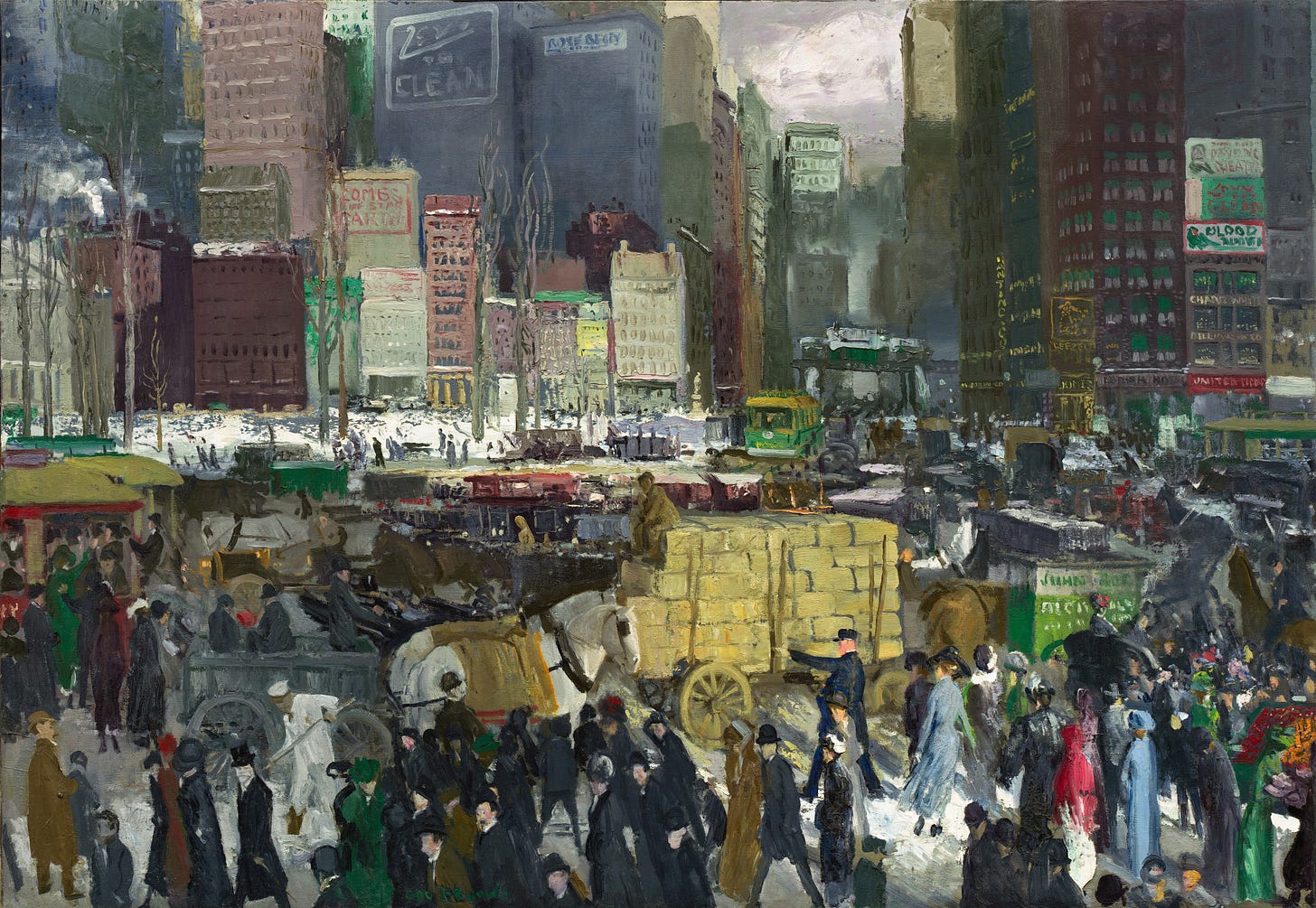Lately I’ve been trying to learn how to do field recording. That’s right: now, nearly a couple years into Doing Podcasts For Real1, I’ve finally started to learn more about the tools of the trade.
Field recording is what it sounds like: recording things out, as they say, in the field. Which just means “not in the studio, where the audio is always perfect.” Out there, in the wilds of other people, you have to be aware of auditory distractions that aren’t usually present in a more controlled setting.
It’s funny: I’ve learned that a lot of the places I’ve thought were pretty quiet just… aren’t. When you’re trying to capture the sound of someone’s voice without undue distractions — which is to say, for publication — you start to notice things like the sibilant hiss of a humidifier, the hum of an old fridge, and the quiet but regular roar of airplanes transiting overhead. If you’re listening in the service of other people, you start to hear things differently2.
I began learning how to do that last year, on reporting trips where I interviewed boxers and deep-sea divers; the settings (a mother’s house, a little sea glass-studded beach) weren’t always conducive to Getting Good Tape, that commandment of radio and podcasting. But those unfamiliar places made it much easier to hear the world around me.
Anyway, I picked up a recorder from the office last week in advance of another reporting trip — and on this one I’m going to have to do at least some of the field recording myself. So I resolved to get in a little practice before my departure.
Initially, though, I couldn’t figure out what to record. Even though this was a personal project undertaken just to learn how to use a piece of gear better — no deadline, no creative restrictions or requirements3. Turns out it’s hard to make something if you’ve figured out the medium but not the message.
I was in the office the other week, explaining some of this to my pal Natalia — and then I thought: why not record her? So I did. We talked about video games, a little aimlessly. Afterward, I started pulling out some of her best quotes and building narration around them.
The problem was that I still had no idea what I wanted to say. At least until my friend Mitch suggested that I watch this video from the musician and YouTuber Adam Neely.
In it, Neely makes a provocative argument: that video game music is turning into the next wave of jazz standards. It’s fascinating, and definitely worth a watch.
But it also got me thinking about the larger cultural trend — the mainstreaming of video games as a part of culture. In the last year alone we’ve had a best-selling novel about game development (Tomorrow and Tomorrow and Tomorrow, by Gabrielle Zevin) and a popular big-budget HBO show adapted directly from an equally popular, equally big-budget game (The Last of Us)4. It feels like we're at a cultural inflection point, kinda.
So now I'm out there with my recorder and my microphone capturing just a small piece of the zeitgeist.
My goal is to cut something together before I head out into the field. Assuming everything works out, I’ll be sure to share it with you.
More soon,
Bijan
As in, for a job, lol.
It is a blessing and a curse to have a sensitive-ass microphone.
I firmly believe, by the way, that constraints breed creativity.
Next up: Chris Pratt’s Mario.

